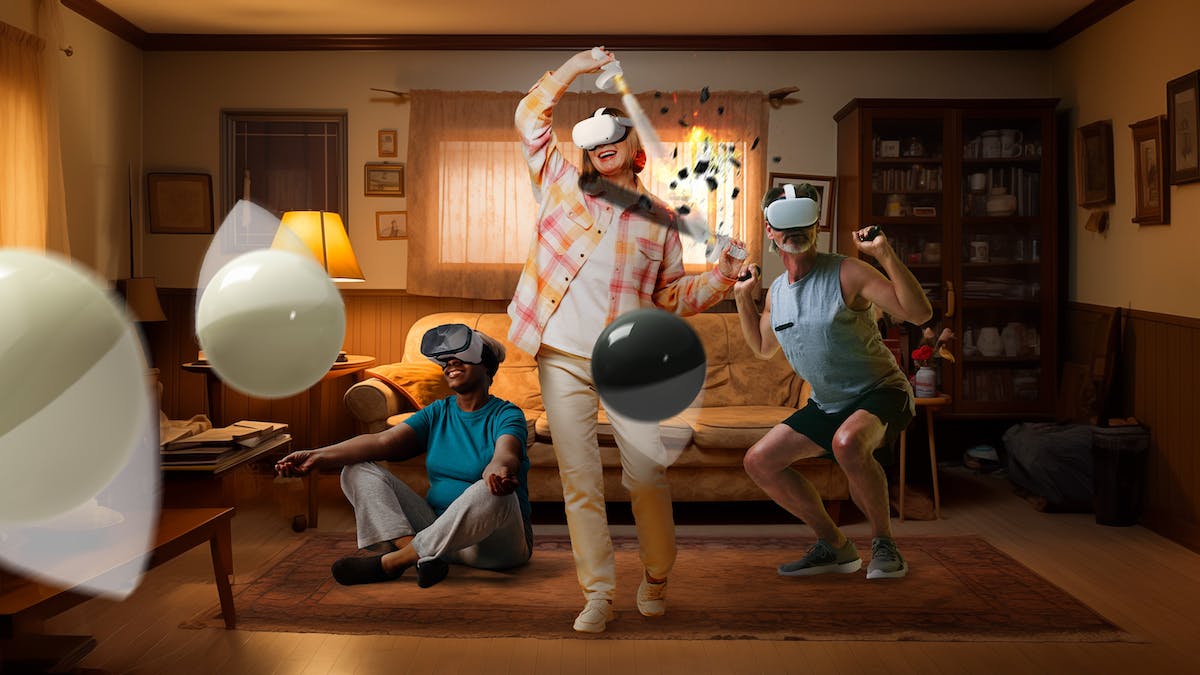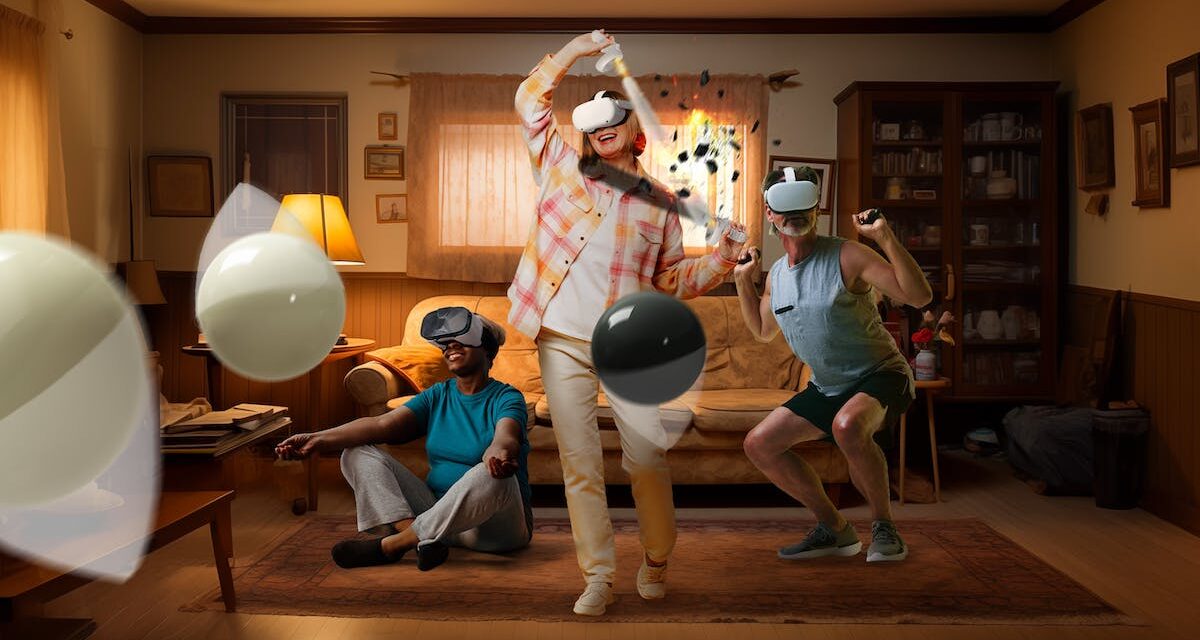
Karla Mellinger doesn’t care about the metaverse. “It’s silly,” said the 62-year-old from Spokane, Wash., who works as a credit manager at a company that manufactures steel studs used in construction. “The whole thing is just silly.”
And yet, five days a week, Mellinger straps on a Meta Quest 2 virtual reality headset and dives into Supernatural, a VR fitness program that lets players work out on the Great Wall of China, near the pyramids of Egypt or on the surface of the moon for $10 a month. For 60 sweaty minutes, Mellinger smashes flying targets with virtual baseball bats or boxing gloves to the beat of Kendrick Lamar, or sometimes Beethoven. “I pretend I’m a conductor in an orchestra or one of the Fly Girls from ‘In Living Color,’” she said. “I can be anything I want. I have the best time in there.”
Two years, four headsets and tens of billions of dollars into Meta Platforms’ campaign to make the metaverse a reality, the company has struggled to convert most internet users into VR proponents. Since 2019, Meta’s Reality Labs division, which makes the Quest 2, has lost $46.5 billion, according to its third-quarter earnings report. But the firm has found a growing fan base among an unlikely community: middle-aged and senior citizen users who have helped make Supernatural, the Quest’s top fitness app, its first bona fide hit.





